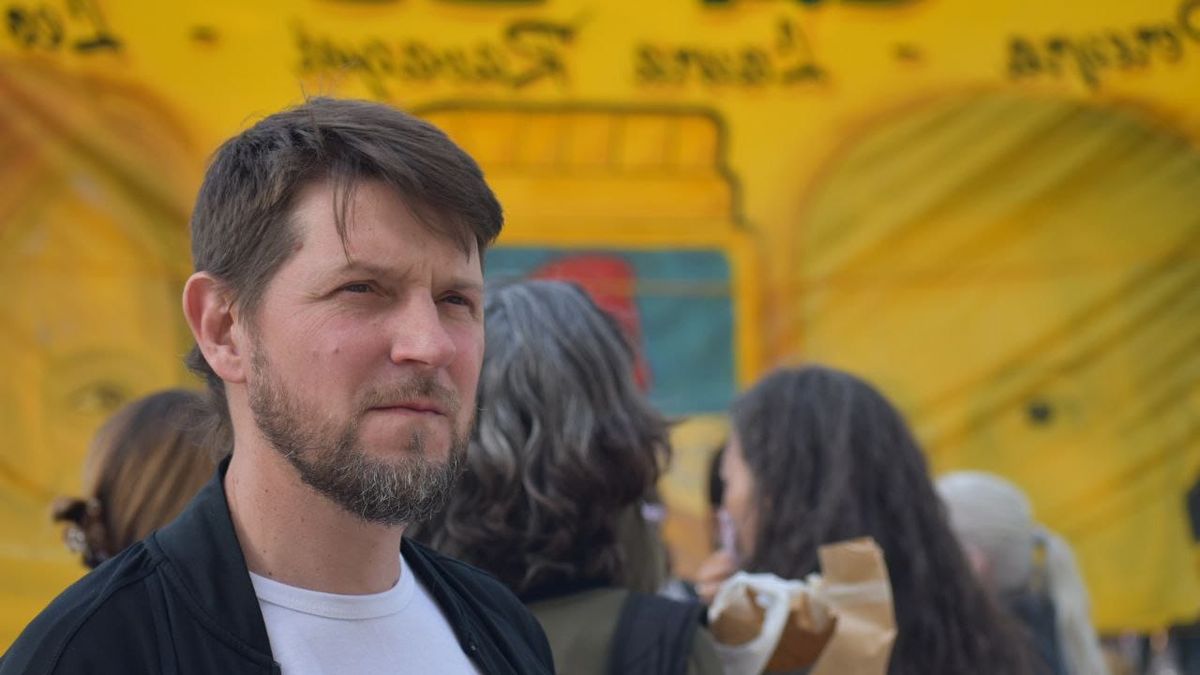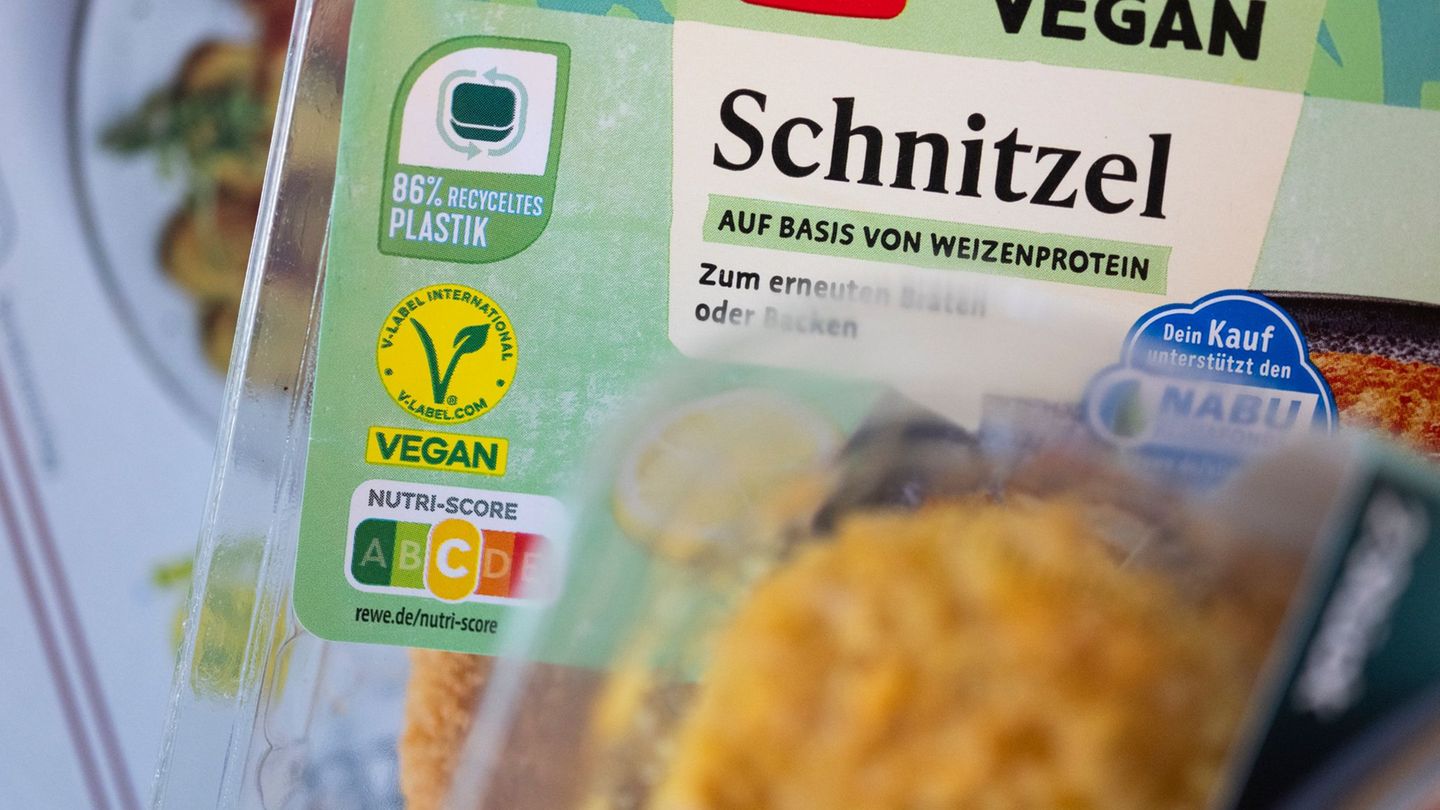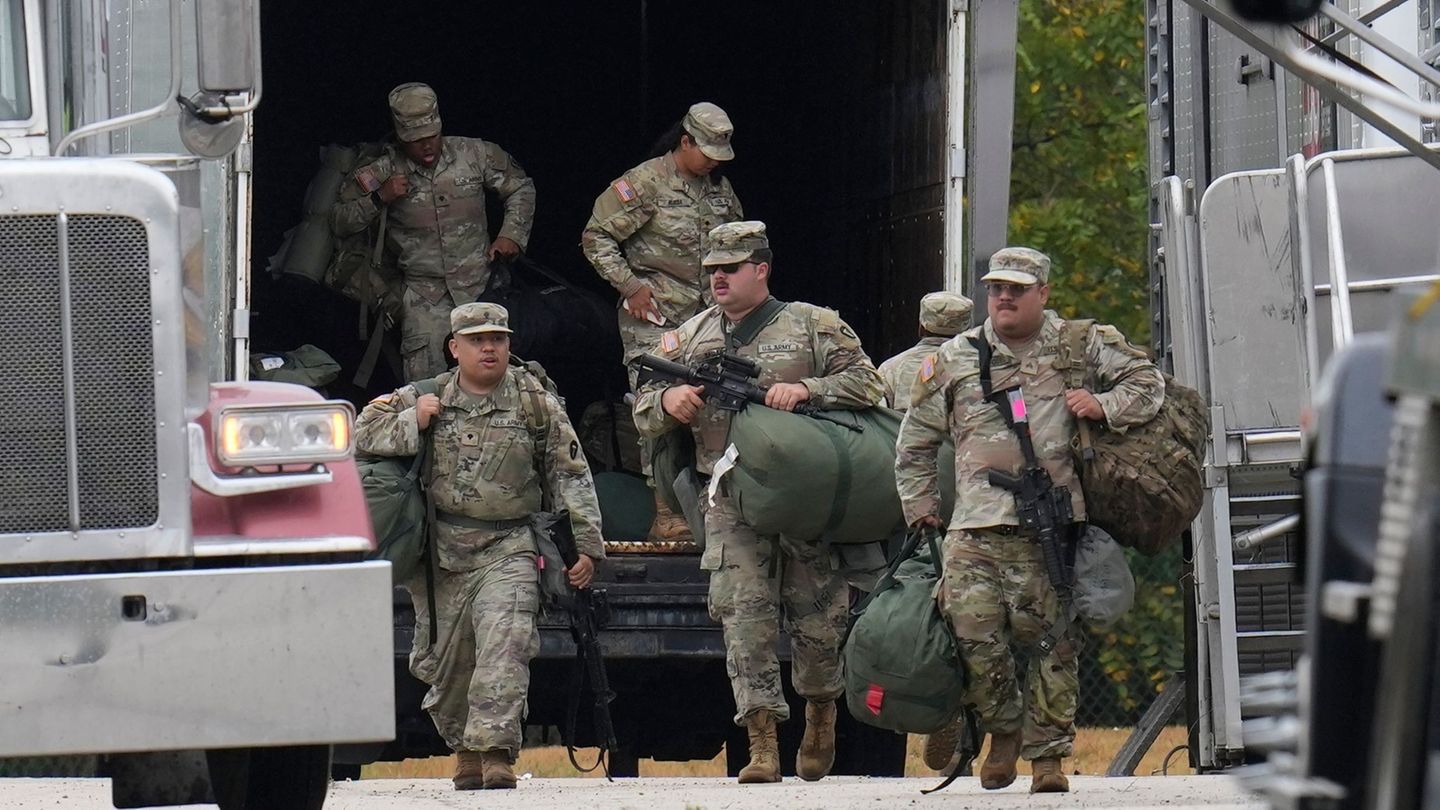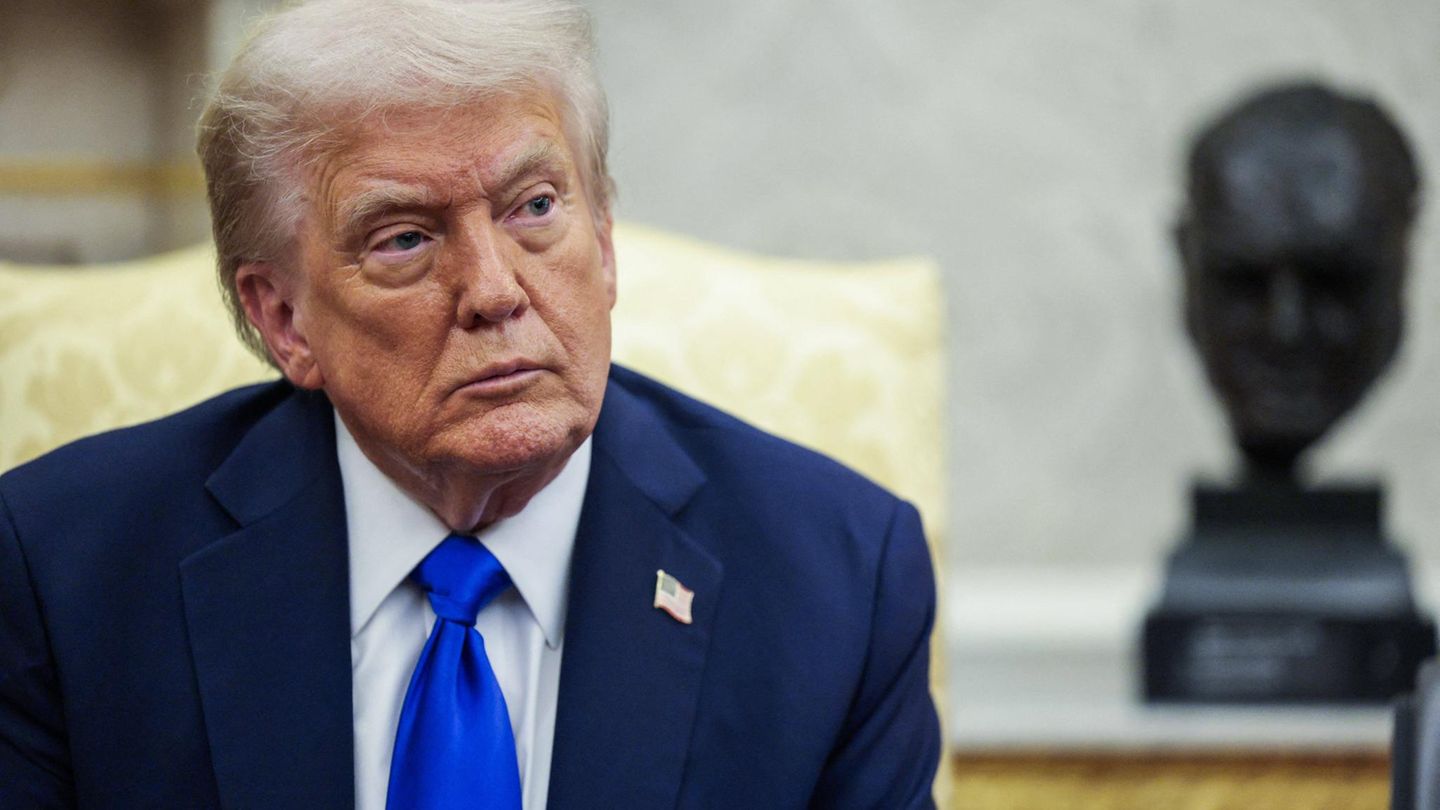Matias Strasorier: I think there are many issues to analyze, and the first thing is to make it clear that today the salary of workers is at the bottom. There is an important central point to take into account, because many say that the solution lies in the increase in wages, with which we fully agree. So today we want to give the discussion of what we do while we increase the wages of the workers. From there, the concentration in the food business is obvious, with companies that have made extraordinary profits in the midst of a pandemic and with 50% inflation, while with the Macri government they reported that they were losing money. In this way, the marking of prices remains in few hands and that can never be positive. Another key issue is what we call the “influencer dollar”. There are different types of exchange, but the truth is that the blue, which is illegal, or the CCL, which is legal but is captured by the financial sector, move the needle. A small trader who suddenly sees the blue skyrocket to $220 raises prices just in case because he expects a quick markup from the big companies, which actually happens, and then the dollar drops but prices don’t go down.
P.: That which mentions the salary is key, because today in Argentina there is a phenomenon of registered wage earners who do not cover a basic basket and in practice they work but are poor. How do you analyze that situation?
MS: We totally agree, it cannot be that there are workers who are directly poor and that is also due to the continuous rise in food prices that must be stopped in some way. In 2015, the minimum vital and mobile salary, measured at the official exchange rate at that time, was around US$600, and this was achieved after 12 years of work by Néstor and Cristina Kirchner with a State present. Then came the macrismo and in just four years it destroyed it. So, getting to those wage numbers is going to take time, in the meantime we need to apply policies to lift people out of poverty and guarantee something as basic as food.
Q.: The president of the United States, Joe Biden, undertook a strong battle against the meat monopolies due to the escalation of prices in his country. For this, he injected millions of dollars to revitalize small refrigerators and livestock producers. What could the Argentine government do to get out of the dynamics of monopolies in a context of scarce funds?
MS: Our proposal is to increase the export rights of beef and with that create a livestock fund that aims at three things: productive investment, to generate the livestock plan to invest in what they need in each place, be it traceability, genetics , food, etc And lastly, subsidize the domestic market so that Argentines can get good prices on beef cuts. The export of meat is handled by a handful of refrigerators that do the big business. If they want to export, export, what we need is that part of that extraordinary profit that they are having be turned over to productive investment and to guarantee the table of the Argentines.
Soy
Q.: The rise in export duties on soybean by-products just generated a new reaction from various actors in the field, from the Liaison Table, through the self-convened and the companies. How do you analyze it considering that you are also part of the field?
MS: First, a clarification that may be of a philosophical nature, the reality is that nobody is self-summoned, everyone is summoned by something. That person does not see it because they are summoned by social networks, does not mean that someone did not plan it. It does not exist that you are not within a plan, if you do not know the plan, what happens is that you are within the plan of another. Within this clarification, the coincidence is that Luis Miguel Etchevehere, Macri’s former Minister of Agroindustry or other opposition figures such as Patricia Bullrich or Lilita Carrió, is always behind the autoconvoados. So they are not self-summoned. The producers would have to see who summons them, why they summon them and that they sit down to think a bit so as not to be herded like calves. Another important issue, the two export duty points that were raised was an excellent measure. About 80% of the soy produced in Argentina is transformed into oil, flour or pellet. Very little is exported as beans and what happened on a daily basis is that the large multinational companies deducted 33% from producers when buying soybeans and then taxed 31% to the State. Those two points were already deducted and were paid by the producer.
Q.: In this framework that you raise, it is also important to distinguish that what is called the countryside is not only large companies or landowners. There are small and medium-sized producers who also need a present State so as not to be put in the same bag.
MS: Of course, there are small producers, workers who work 200/250 hectares and cannot be compared with those who have 100,000 hectares. The same happens with large exporting companies and agricultural SMEs. As a palliative, at first the segmentation of withholdings is important, but the substantive discussion has to be given in a tax reform. It cannot be that a giant oil company that exports pays the same employer charges as an agropyme. It is not logical, these small companies must be encouraged with less taxes so that they reinvest and generate more work. Finally, the key point is that the so-called Soybean Solidarity Fund has to be reinstated. This instrument worked during the Government of Cristina Kirchner and then Macri removed it and Alberto Fernández did not reinstate it. This fund took 30% of the amounts actually collected as export duties and was distributed in the different municipalities with a federal vision, focused largely on public works that generate direct work and economic movement. This would be key, to turn it to the interior and not to pay off debts contracted by the Macri government.
Source: Ambito
David William is a talented author who has made a name for himself in the world of writing. He is a professional author who writes on a wide range of topics, from general interest to opinion news. David is currently working as a writer at 24 hours worlds where he brings his unique perspective and in-depth research to his articles, making them both informative and engaging.




